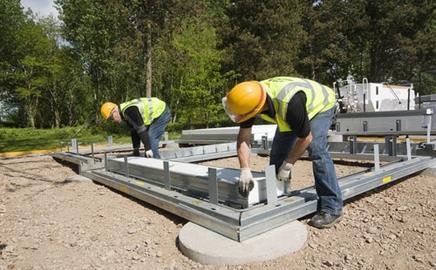A piled slab platform technique that releases 82% less carbon than traditional methods and it¹s quicker, safer and less wasteful, too
- News

All the latest updates on building safety reformRegulations latest
- Focus

All the latest updates on building safety reform
2008-01-01T00:00:00+00:00

A piled slab platform technique that releases 82% less carbon than traditional methods and it¹s quicker, safer and less wasteful, too

2008-11-18T13:59:00Z
The shortlists for tonights’ awards feature the biggest names in the built environment

2025-07-02T16:01:00Z By Daniel Gayne
Share is smaller than at start of previous programme

2025-07-02T12:27:00Z By Tom Lowe
Refurbishment of fine watches and jewellery department to feature Europe’s first curved escalators

2025-07-02T11:46:00Z By Daniel Gayne
Housebuilder says number of homes it was 2,800

No comments yet